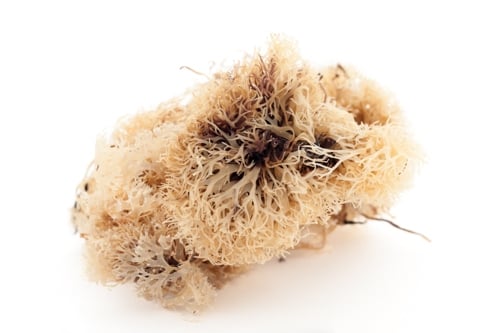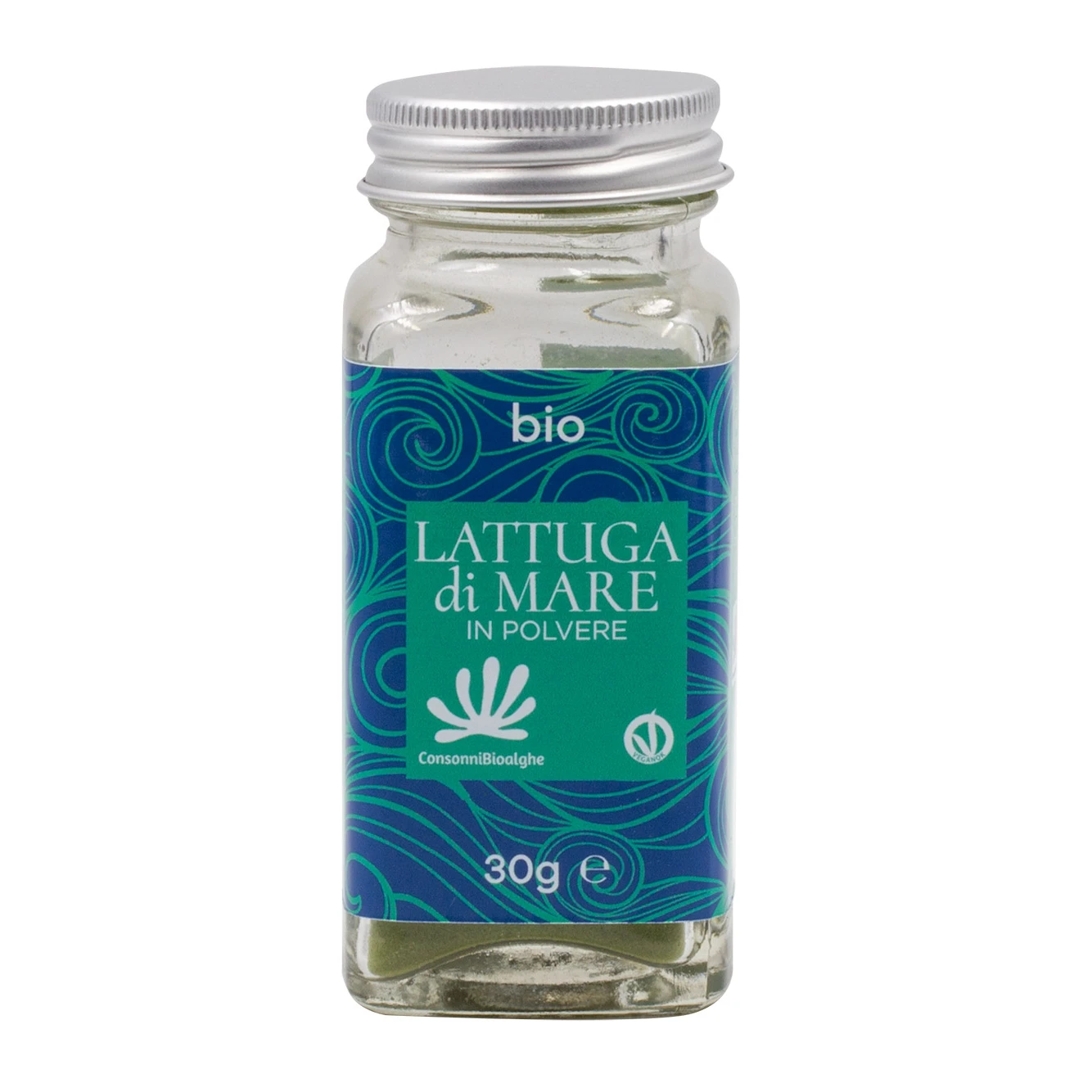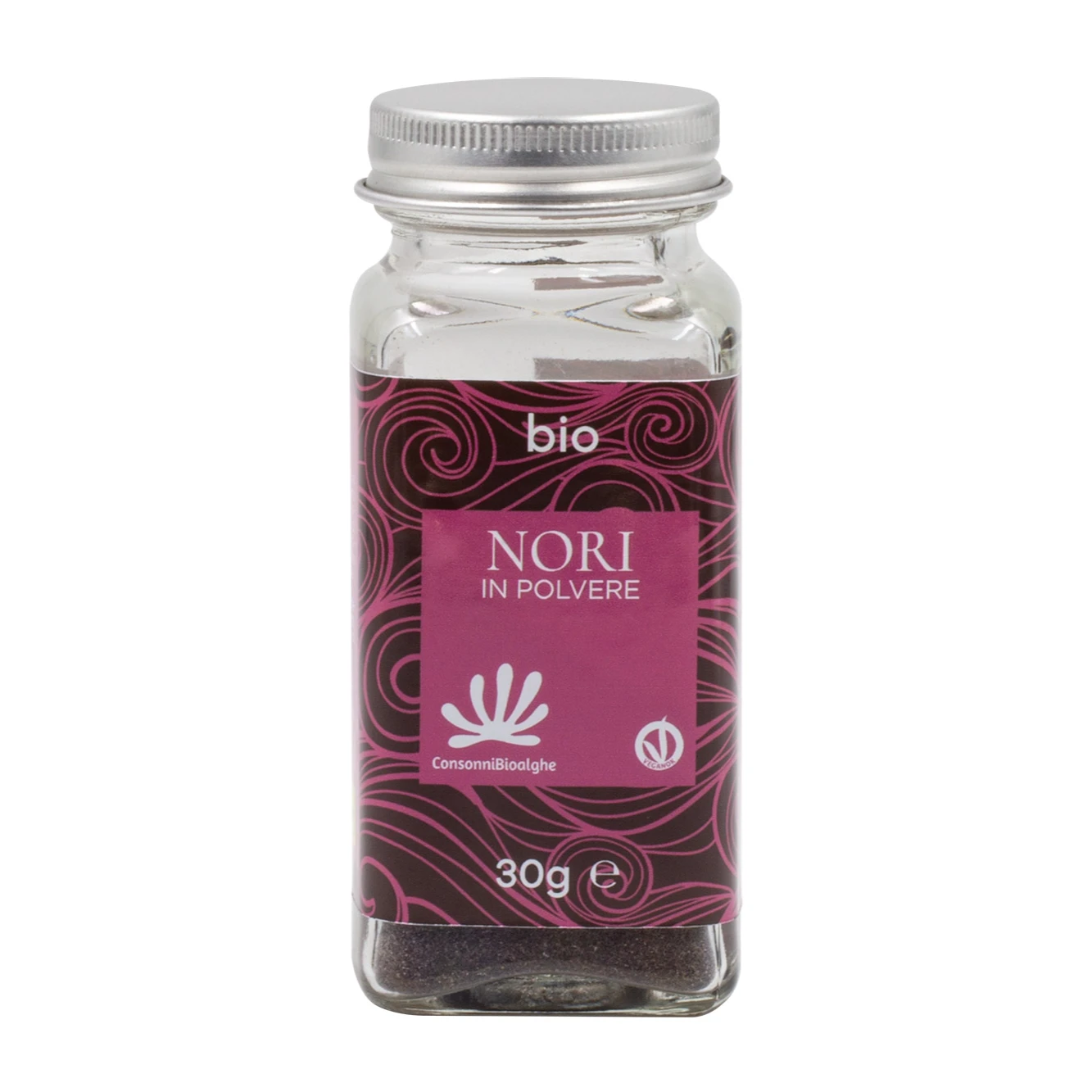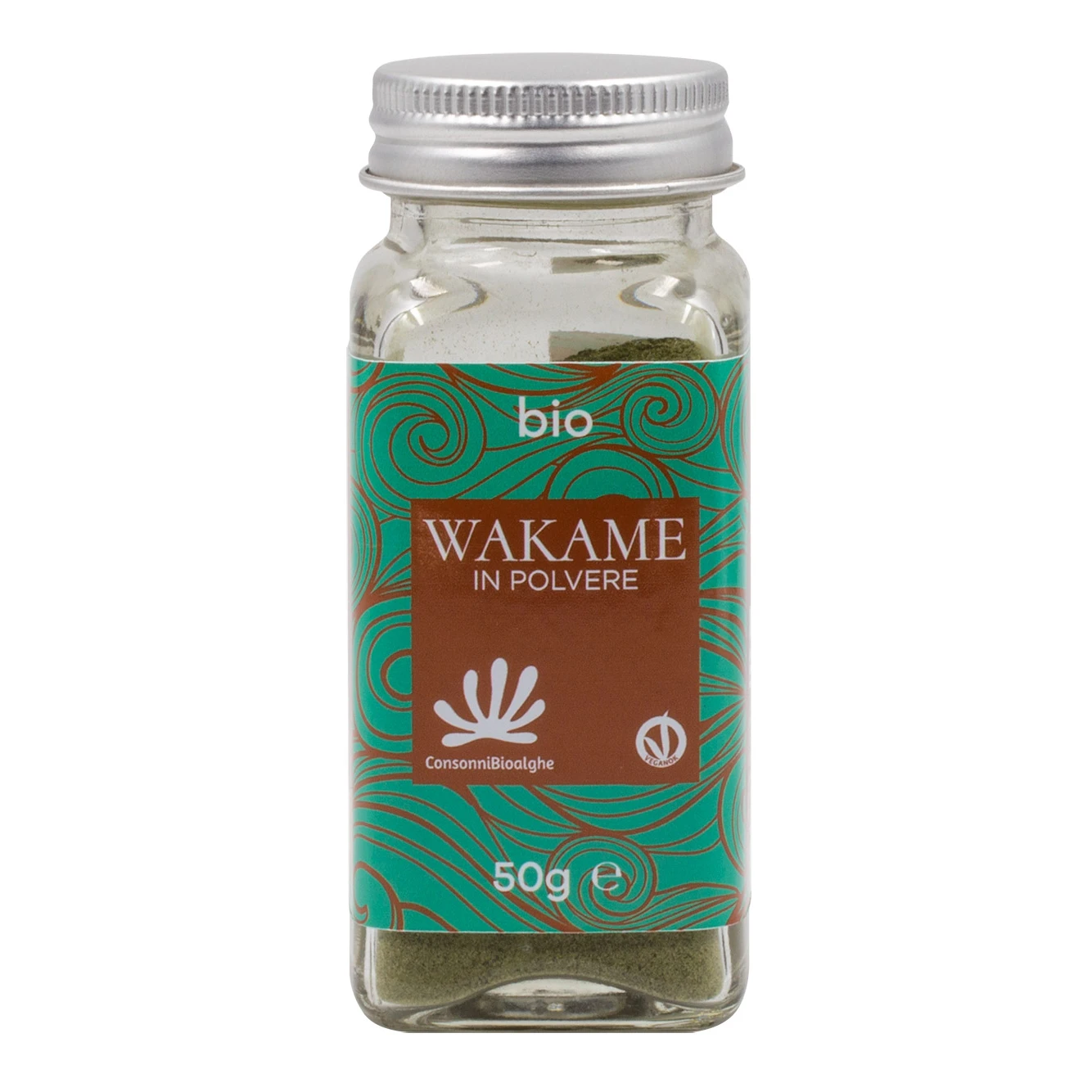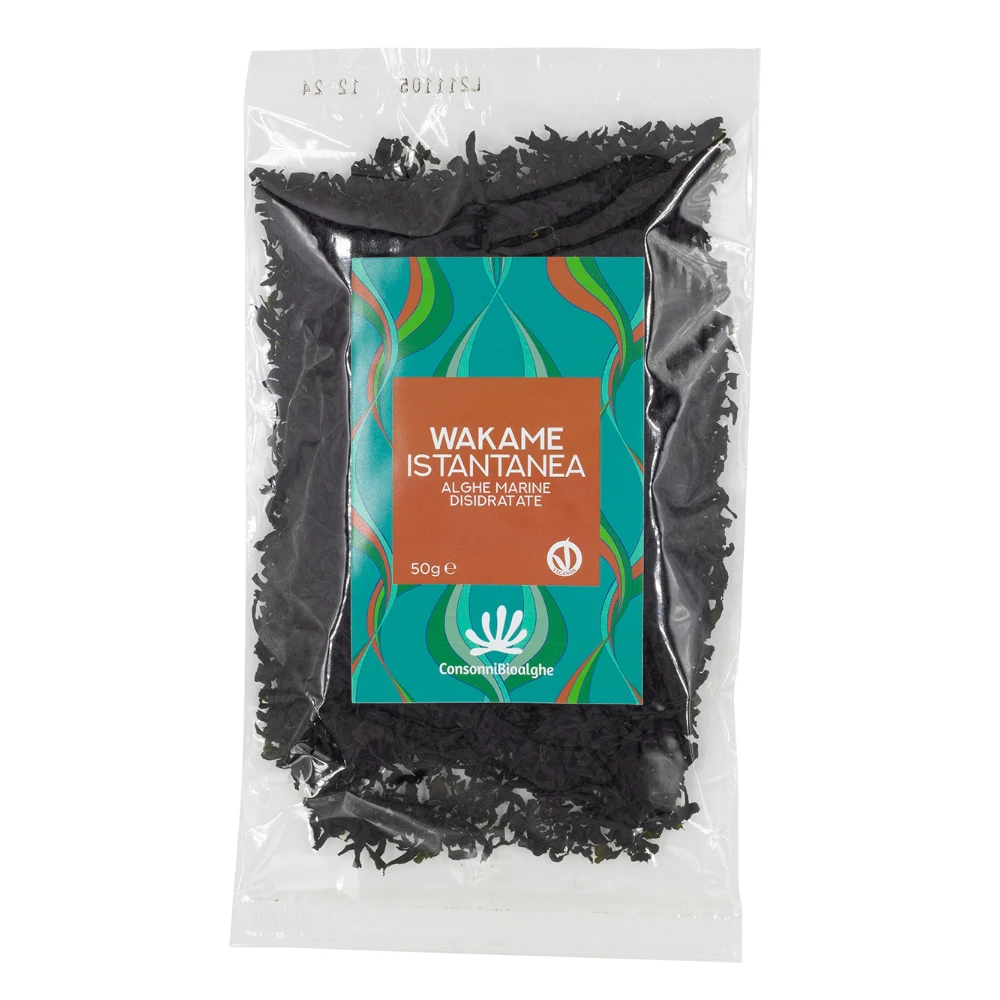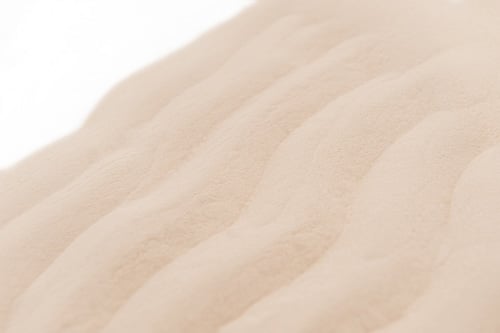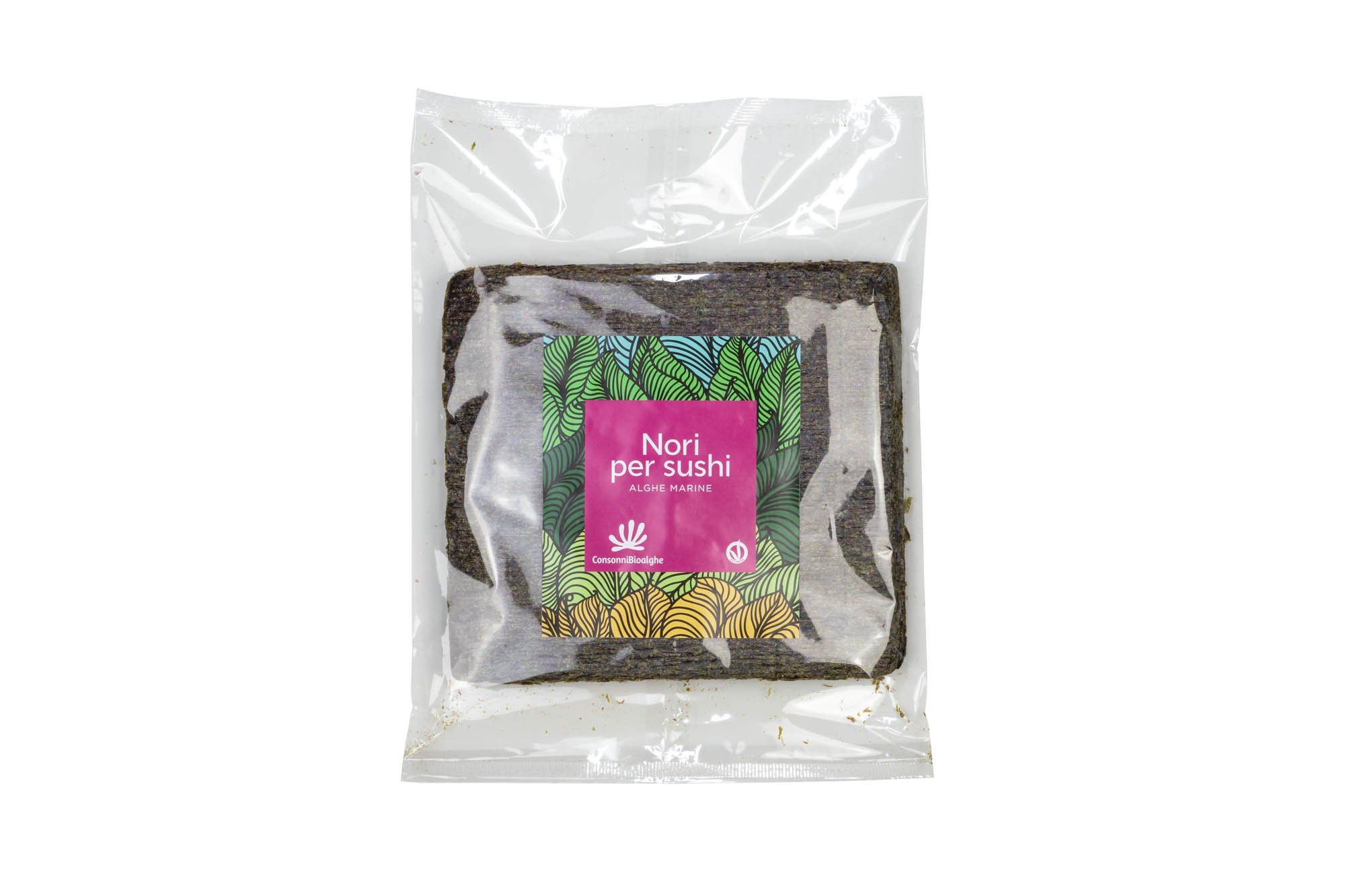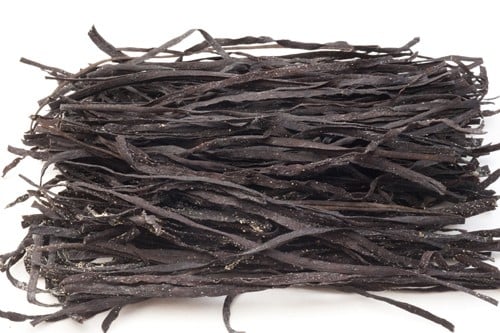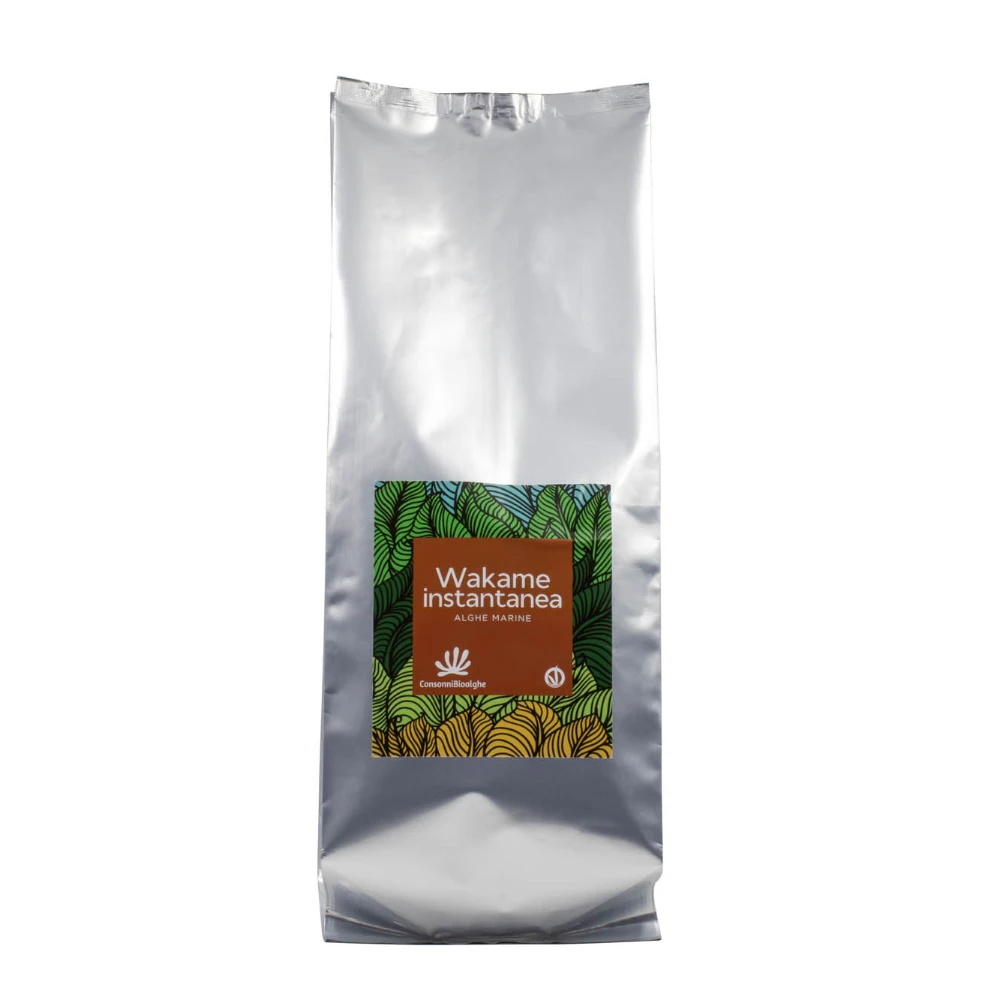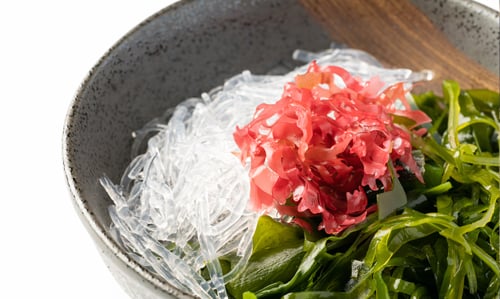IRISH MOSS 500 Grammi : CARATTERISTICHE
Irish moss (Chondrus crispus) è un’alga rossa (rodoficee) costituita da fronde piatte di colore bruno porpora molto ramificate e di modeste dimensioni (10-15 cm) che vive affissa alle rocce scoperte dall’acqua durante la bassa marea.
Ha una consistenza cartilaginosa. E’ conosciuta anche con il come Carragheen, dalla località irlandese Carragheen da cui ha origine.
VALORI NUTRIZIONALI
Irish Sea Moss è un’alga costituita da fibre igroscopiche chiamate CARRAGHENANI (mucillagini) che reidratandosi formano nell’intestino una densa massa gelatinosa. I Carraghenani costituenti dell’alga IRISH MOSS chimicamente denominati Galattani* (Polimeri di Galattosio), sono macromolecole molto complesse contenenti tra il 20% e il 35% di gruppi solforati.
Queste mucillaggini formano soluzioni molto solide che uniscono le cellule l’una con l’altra e che assicurano consistenza e uniformità al tessuto algale. Queste molecole sono molto ricercate nell’industria per la loro attitudine a formare gel o soluzioni particolarmente viscose, quando entrano in contatto con l’acqua. L’alga Irish moss contiene Sorbitolo e Dulcitolo.
Il Sorbitolo è più dolce dello zucchero ed è largamente usato nelle diete dimagranti e per diabetici. E’ un’ottima fonte di Sali Minerali, contiene Zolfo, Iodio, Calcio, Potassio, Magnesio, Selenio, Zinco, Ferro, Manganese, Fosforo, Vitamine del gruppo B e Vitamina C. Contiene numerosi Amminoacidi, in particolare Taurina.
PROPRIETA’ BENEFICHE
L’alga Irish Sea moss è da secoli conosciuta per la sua capacità di curare e abbattere i sintomi di raffreddore e influenza, una barriera efficace per combattere i mali tipici invernali. In Irlanda è comunemente usato come rimedio alle bronchiti e tosse aggiunto alle zuppe o al latte caldo. Ha proprietà antinfiammatorie sulle mucose, è un valido aiuto nei disturbi digestivi, ha proprietà antibatteriche e antivirali. Aiuta a reidratare e idratare la pelle dall’interno verso l’esterno. Può essere di aiuto nei casi di eczema, ustioni solari, eruzioni cutanee o psoriasi.
Le alghe Irish moss in particolare sono indicate per una integrazione ottimale di importanti micronutrienti nella Dieta quotidiana e in particolar modo nella Dieta Vegana e Vegetariana e nella dieta del Celiaco.
COME UTILIZZARE IRISH MOSS 500 Grammi
Cuocendo, si scioglie progressivamente formando una gelatina più soffice rispetto a quella della Agar-agar, e normalmente si usa per legare zuppe, stufati e salse.
Aumenta lo spessore delle torte al formaggio. Può essere aggiunto alla zuppa di miso o può essere utilizzato per preparare dei brodi vegetali ricostituenti, in questo caso può essere messa a cuocere a fuoco lento in un sacchetto di mussola.
Le alghe Irish moss possono essere anche consumate crude o dopo una breve cottura al vapore o tostate in padella, aggiunte alle insalate, nei condimenti o abbinate ai piatti di cereali.Hanno un sapore intenso e arricchiscono il gusto di molte ricette.
SCOPRI I FORMATI
IRISH SEA MOSS BIO FOGLIE è disponibile anche nel pratico formato da 50 g
IRISH SEA MOSS è disponibile anche nel pratico formato integratore
Per una alimentazione SANA, ECOLOGICA e SOSTENIBILE abbiamo scelto una materia prima con questi requisiti CRUDO/RAW, VEGAN, GLUTEN FREE

